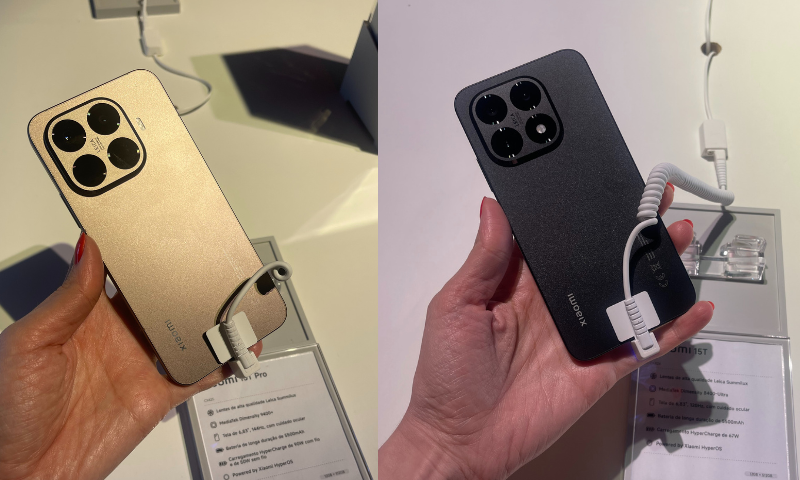
ACREFI – Credit and retail: a very strong link
National Association of Credit, Financing and Investment Institutions provides institutional support to the 18th Eletrolar Show.
by Leda Cavalcanti
Close to completing 67 years (next May), the National Association of Credit, Financing and Investment Institutions (Acrefi) predates the Central Bank (created in 1964) and its objective is to bring together companies in the sector, defend their legitimate interests, strengthen relations between them and promote the development of their activities. Today, there are 75 members, all regulated by the Central Bank.

“With a national presence, Acrefi supports the inclusion of its members in the Central Bank’s innovation agendas, as well as sustainability in the financial world, compliance, representation in terms of changes in legislation and services linked to good practices and regulations. We are called the home of credit,” says Tadeu Silva, president of Acrefi.
The defense of responsible credit is one of the institution’s flagships. “Responsible credit is credit that aims at the sustainability of the system in the long term and has to do with the awareness of the borrower. There are several options regarding terms and costs. The concern is to see whether the requested credit solves the problem or creates another one. There is no point in buying everything at once. It is better to pay for one product and then buy another. This reduces default and is sustainable credit”, says the president.
Credit and Retail

Acrefi gives its institutional support to the 18th Eletrolar Show. “The financial market helps retailers to sell, so our partnership with the fair is very important. Credit and retail have a very strong connection. Credit helps people to make purchases in advance and helps retailers to sell. Acrefi has a nationwide reach, and this partnership is very positive,” says Tadeu.
For the democratization of credit, technology was fundamental. Before that, people had to take a series of documents to the store, practically a life history, and sometimes they had to wait hours for approval. Today, with the CPF and consultation of the positive registry, credit is given in five minutes. Fintechs helped develop the market.
However, there are still many people far from this scenario in a country the size of Brazil, which has regions without internet access, says Tadeu. The eSocial movement, which registers people electronically, is very good, but there are still many who do not have access to a smartphone, because their need is different. There is a need for greater infrastructure and for financial institutions to move further inland. In some locations, they didn’t even make it.
Financial education
This is a fundamental factor and Acrefi works to disseminate it on several fronts, including in the school curriculum. Some city halls are evolving and managing to instill the importance of this type of education. “The sooner young people receive financial education, the fewer problems they will have in their lives. They will become better people. They will learn that there is no point in buying if they cannot afford the product. The installment has to fit their budget,” says Tadeu.
As a process that teaches how to deal with money and other means of payment, such as credit cards, financial education helps to form more aware and responsible people and helps to prevent debt. “The sustainable market is a positive spiral”, says the president of Acrefi.
Source: Eletrolar News Ed. 166





